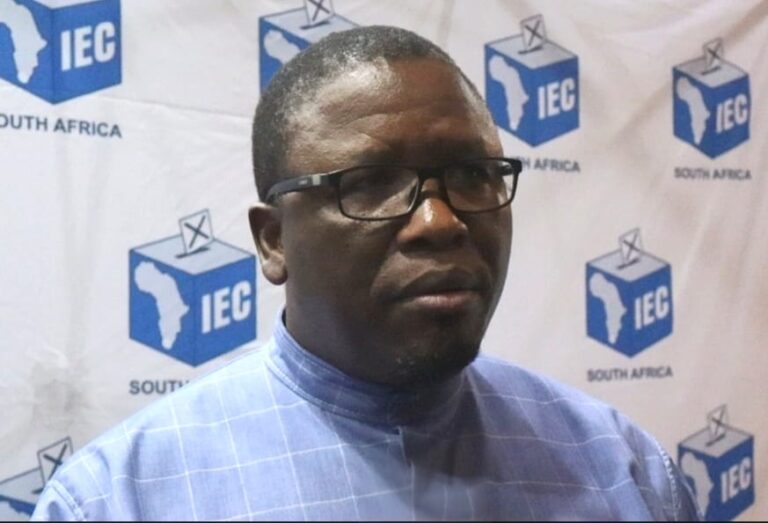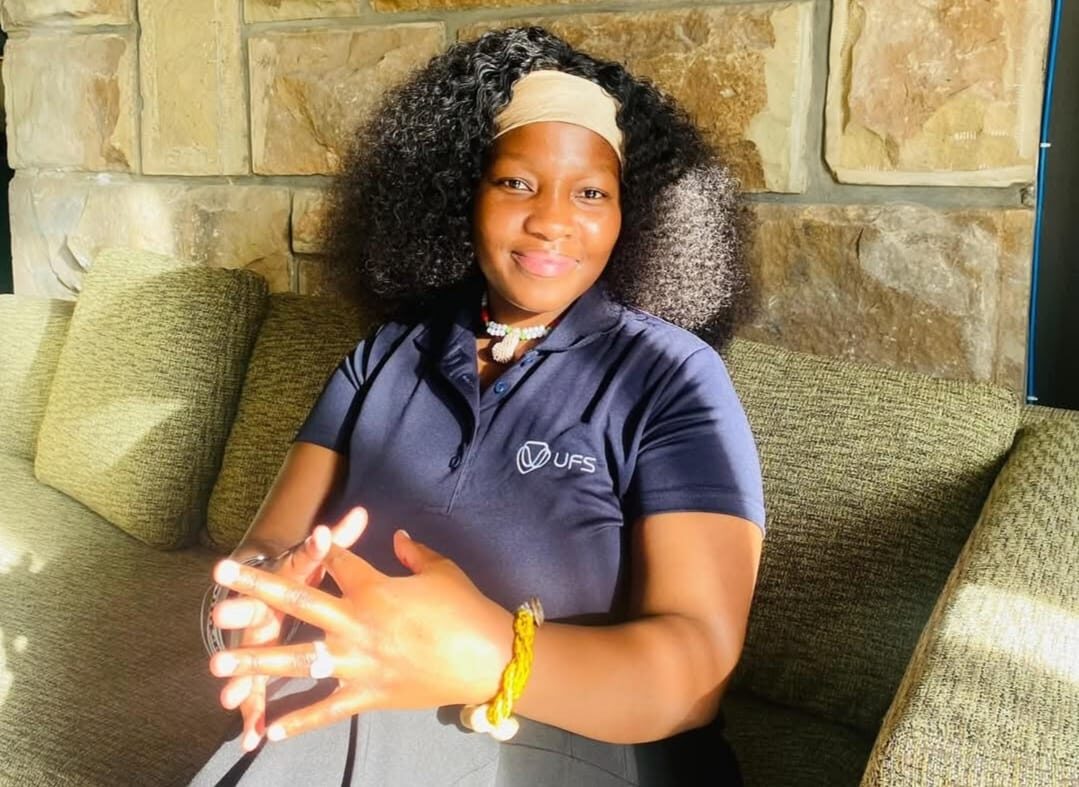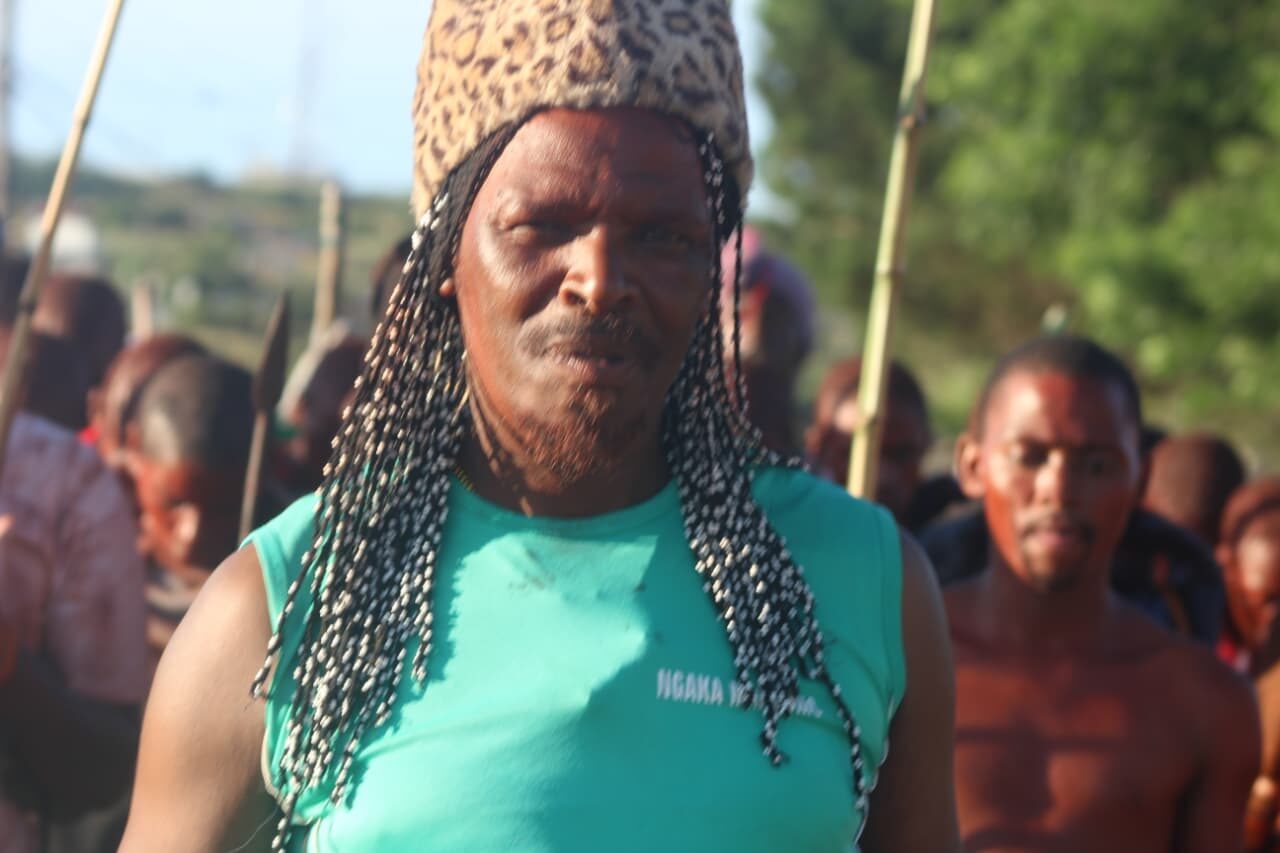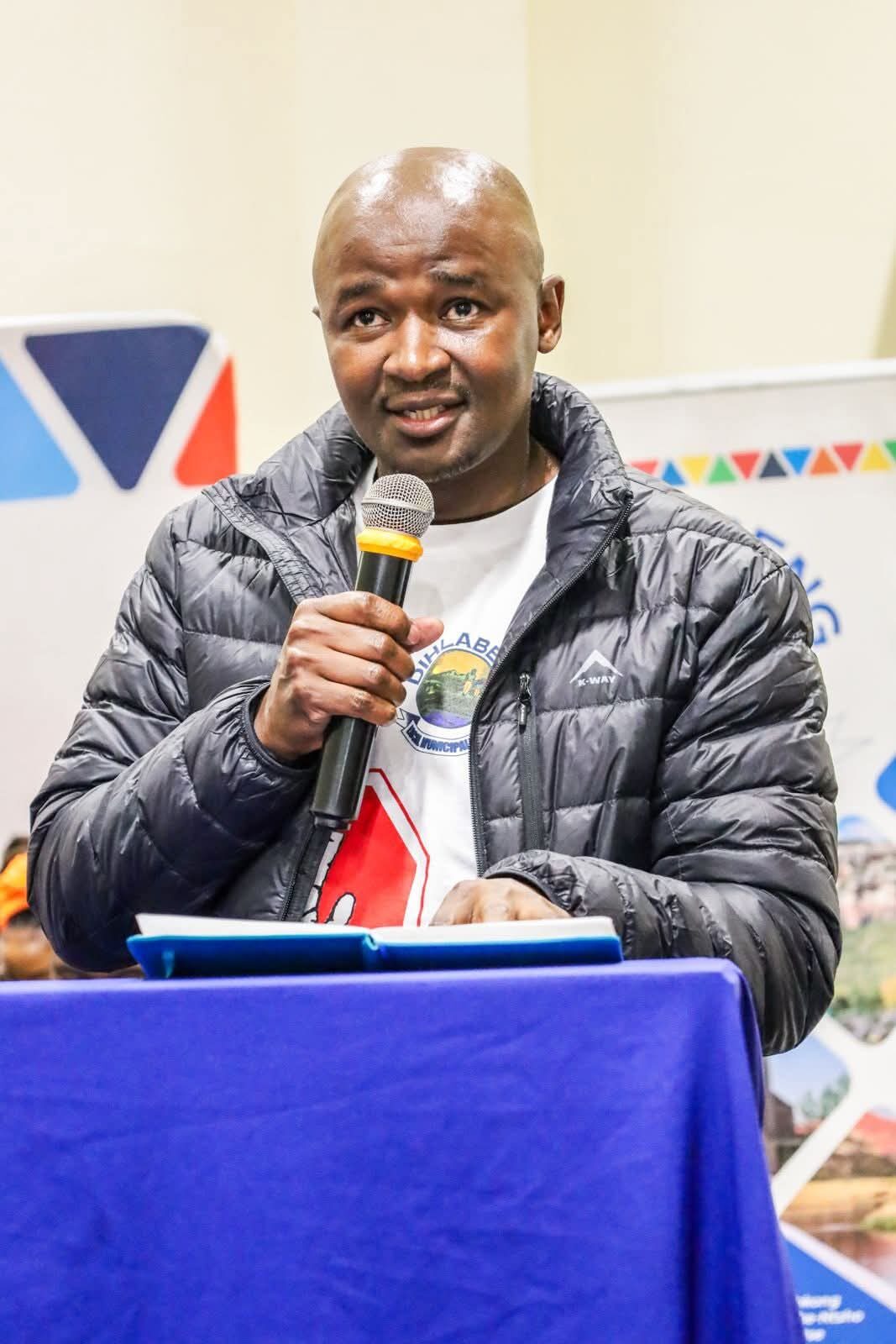By Emily Setona
PRETORIA –Women who owns media houses bemoaned lack of support from government amid the call made by Government Communication and Information System (GCIS) Director of Media Relations, Tshegofatso Modubu, for more women media ownership and control.
Kamogelo Seekoei who is the founder and editor of Ignited Woman Magazine and a reporter for SABC Free State shared her views with this publication and said the following, “30 years into democracy and with all the resources and data we have, we still find that men are more likely to get funding than women. We also know that women start businesses for different reasons than men, and that is for survival whereas often men plan for it. As a media practitioner for many years and now a media platform owner I find that all these facts resonate. More women are thinking ownership, but the terrain is so frustrating because of lack of support, one wonders whether there is little understanding of the sector or entrenched societal structures refuse to accept women as owners and leaders of media platforms. The narrative ought to change as we now see more women entering the media space and performing outstandingly so. This is not to take away from the fact that as a country we have done well in terms of transformation, but a lot more still needs to be done to improve lives.”
In an interview with The Guard Nthabiseng Nhlapo who worked as Drum and Move magazine’s deputy editor, a News24 digital editor and is now living and working abroad said that women generally by virtue of being women do not have easy access to funds as men do and women have never had the financial muscle needed for ownership in the media especially due to legacy issues.
“The South African media landscape has been for decades very male dominated. That is something that really hasn’t changed for many years. That is in terms of ownership of the different organisations, entities, products, publications even news websites that are available in the country. What has changed however in recent years is that we’ve seen lots of female journalists rising. We’ve seen female editors, female media managers rising to the forefront coming up to leadership positions. Not only in the spaces where they are seen but even in the spaces where they are unseen. I think in terms of leadership and managing in the media landscape there is some progress, but certainly when it comes to ownership we are lagging behind, but we are generally hopeful that one day women will be able to become owners of the media that they lead,” Nhlapo said.
Speaking at a panel discussion themed “30 Years of Women Excellence in the Community Media Sector” that was hosted by the GCIS, together with the Tshwane University of Technology (TUT) in Pretoria on 8 August, Modubu said the following.
“In terms of shattering the glass ceiling with the 30 years of democracy, we are seeing women get into the operational space and a bit more into the managerial space. We need to think about ownership and control of media in terms of women.”
“We have done a lot as a country in terms of catching up on freedom of expression, on issues of plurality in the media sector and ensuring that the space is opened to women. If you think about the era of apartheid when there was a lot of censorship, and certain voices were not allowed to speak, the media was slightly controlled because there were some newspapers that were aligned to the agenda of the regime. Since 1994, the media landscape has expanded, and it has been able to keep up with technological developments. We have a thriving convergent media. We see our media being challenged to move from print into the digital space because of the convergence.”
It was also highlighted that through the Media Development and Diversity Agency (MDDA), government is providing support to those who want to develop community and small commercial media. Through interventions such as the National Youth Development Agency (NYDA) and the Preferential Procurement Policy, government is also promoting the participation of women in any sector of society.
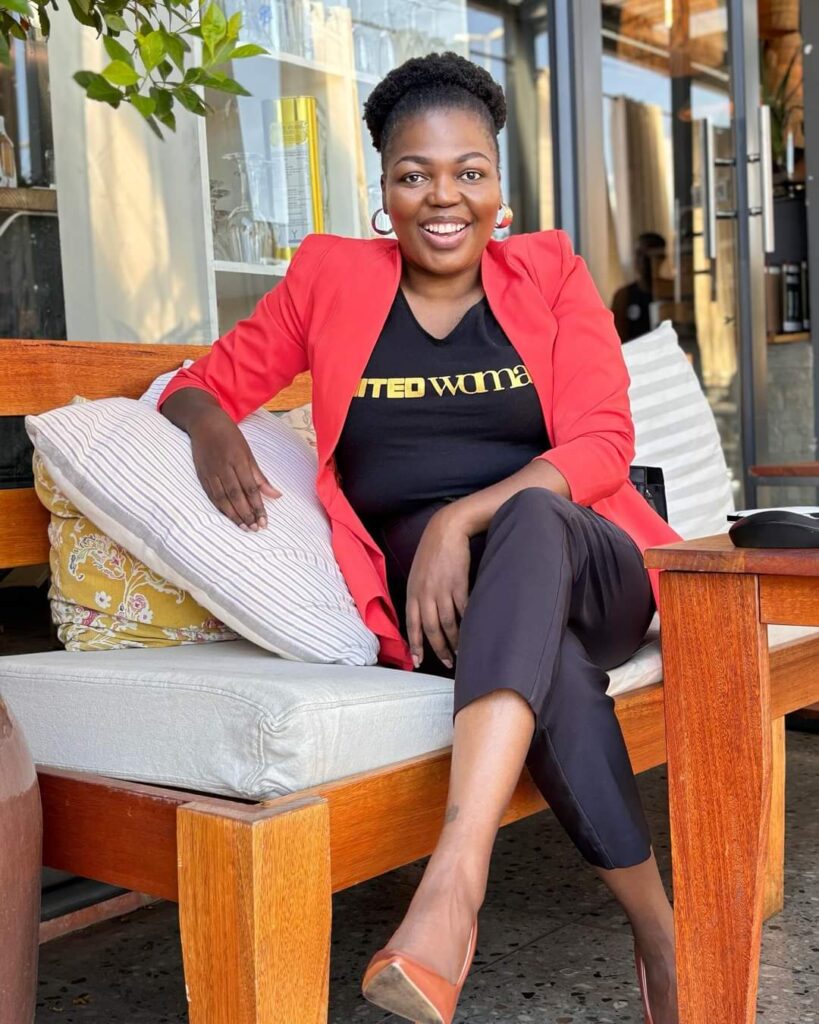
Kamogelo Seekoei / Founder & editor Ignited Woman Magazine.
Women are being seen in the forefront of journalism in South Africa. Historically, women would mostly be newsreaders, which was what was designated for them. There has been a shift of women going into talk show hosting, and women becoming political journalists and being at the forefront of journalism. There is a strong move to get women into boards because that is where decisions are made.
Media companies have boards and not enough women are participating in those spaces. It was emphasized that the Chief Executive Officers (CEO) women are not playing in this space and that these are some of the issues that need to be brought to the fore while we celebrate the strides that have been made.
In addition, the South African National Editors’ Forum (SANEF) has appointed Nwabisa Makunga as chairperson of the forum. Makunga is leading a team responsible for representing those who are responsible for telling stories and representing the aspirations and wishes of the population.
“We have women editors in print and broadcast media, SANEF has the second women occupying the position of chairperson. All of this has been enabled by the policies that government has put into place. Our responsibility, as people who work in the space of policy making, is to ensure that those policies work, and they work for practitioners within the media space.
There are challenges such as the cyberbullying of women, harassment and facilitated technological gender-based violence against women. Those are the challenges that we must think about and how we can create laws and policies to change that,” Modubu concluded.







